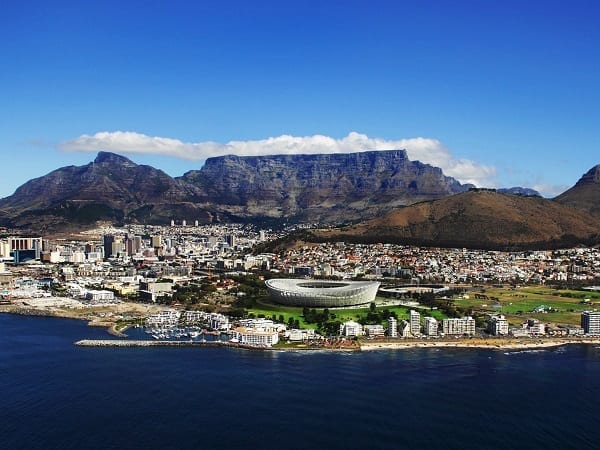“In addition, the severity and scale of drought episodes are increasingly difficult to predict,” it added. “Our relationship with water, therefore, must start to change – this relationship is something that we can control.”
Xanthea Limberg, mayco member for informal settlements, water and waste services, and energy, said the city’s water-saving efforts cannot be influenced by whether it is hot or cold. “We need to save water irrespective of the weather,” she said. She added that level 4 water restrictions were currently being considered and that the city was in the process of finalising proposals for this, however, until stricter restriction are implemented (possibly on 1 June), citizens are being urged to stop using municipal water for all outside use. The city said it was going to continue its pressure reduction programmes to reduce the flow of water at a time, as well as water losses through leakage in the pipework of the distribution system. Residents can contact the City via email to water@capetown.gov.za for queries or report contraventions of the water restrictions or they can send an SMS to 31373. For further information, residents may visit the water restrictions page on the city’s website: www.capetown.gov.za/thinkwater
Level 4 water restrictions are being strongly considered as the City of Cape Town has less than 88 days of water remaining.
The city’s average dam levels dropped to 22.8%, however with the last 10% of the water unusable, the city essentially has only 12.8% of water left.
In a statement, the city said “dam levels are now at 22.8 percent, which is 0.6 percent down from a week ago.
Water consumption was 680 million litres last week, which was 80 million litres over the new consumption target of 600 million litres.
The city remained thankful to residents who were “still active water ambassadors”, but said that all citizens need to become more consistent as the city’s consumption levels remained “too high” despite the recent rain and heat.
“This approach is exacerbating the effects of the enduring and severe drought. Such phenomena are expected to become more frequent as a result of the impact of climate change,” the city said.







